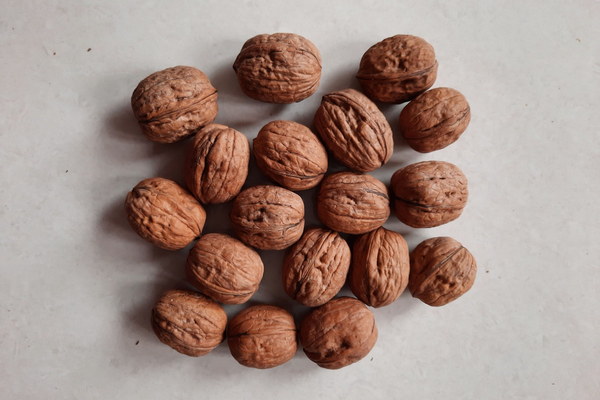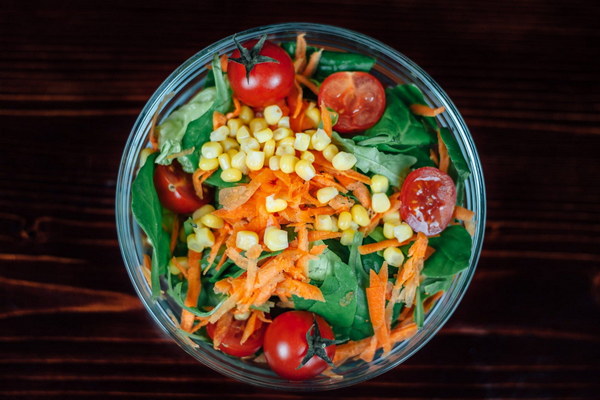Postpartum Nutrition A Comprehensive Guide to Replenishing the New Mother
Introduction:
The period following childbirth, known as the postpartum period, is a critical time for new mothers to regain their strength and recover from the physical demands of labor. Proper nutrition is essential during this time to ensure a healthy recovery, support milk production, and meet the increased nutritional needs. This article provides a comprehensive guide on how new mothers can effectively replenish their bodies with the right nutrients during the postpartum period.
1. Importance of Postpartum Nutrition:
The postpartum period typically lasts for about six weeks, during which the body undergoes significant changes. Adequate nutrition helps:
- Speed up recovery from childbirth
- Maintain energy levels
- Support the production of breast milk
- Aid in the healing of the birth canal
- Prevent iron-deficiency anemia
- Promote overall well-being
2. Key Nutrients for Postpartum Health:
a. Protein: Essential for tissue repair and milk production. Good sources include lean meats, poultry, fish, eggs, dairy products, legumes, and tofu.
b. Iron: Necessary for the production of hemoglobin and prevention of anemia. Rich in iron foods include lean red meat, poultry, fish, beans, lentils, spinach, and fortified cereals.
c. Calcium: Vital for bone health and milk production. Dairy products, leafy greens, and fortified foods are great sources.
d. Folic Acid: Important for the development of the baby's neural tube and for the mother's health. Found in leafy greens, beans, fortified cereals, and orange juice.
e. Vitamin D: Necessary for calcium absorption and overall bone health. Safe sun exposure and fortified foods like milk, orange juice, and cereals can provide adequate levels.
f. Vitamin C: Boosts the immune system and aids in iron absorption. Citrus fruits, berries, bell peppers, and leafy greens are rich in vitamin C.
g. Omega-3 Fatty Acids: Beneficial for brain development in the baby and for the mother's heart health. Fish, flaxseeds, chia seeds, and walnuts are good sources.
3. Balanced Meal Planning:
a. Start with a Healthy Breakfast: Include a source of protein, whole grains, and fruits or vegetables to provide a good start to the day.
b. Small, Frequent Meals: Eating small, frequent meals throughout the day can help maintain energy levels and prevent overeating.

c. Stay Hydrated: Drink plenty of fluids, especially water, to stay hydrated and support milk production.
d. Include a Variety of Foods: Aim for a diverse diet to ensure a wide range of nutrients.
4. Tips for Postpartum Nutrition:
a. Prioritize Protein: Ensure an adequate intake of protein, especially in the first few weeks postpartum.
b. Avoid Unhealthy Fats: Limit saturated and trans fats, which can increase the risk of heart disease and other health issues.
c. Manage Sugar Intake: Limit sugary foods and drinks, as they can lead to energy crashes and weight gain.
d. Consider Supplements: If dietary needs are not being met, consider supplements under the guidance of a healthcare provider.
5. Emotional Well-being:
a. Adequate Rest: Prioritize sleep and rest to support physical and mental recovery.
b. Emotional Support: Surround yourself with a supportive network of friends, family, and healthcare professionals.
Conclusion:
Postpartum nutrition is crucial for the health and recovery of new mothers. By focusing on a balanced diet rich in essential nutrients, new mothers can support their physical and emotional well-being, as well as the health of their baby. Remember, each mother's nutritional needs may vary, so it's important to consult with healthcare professionals for personalized advice.









